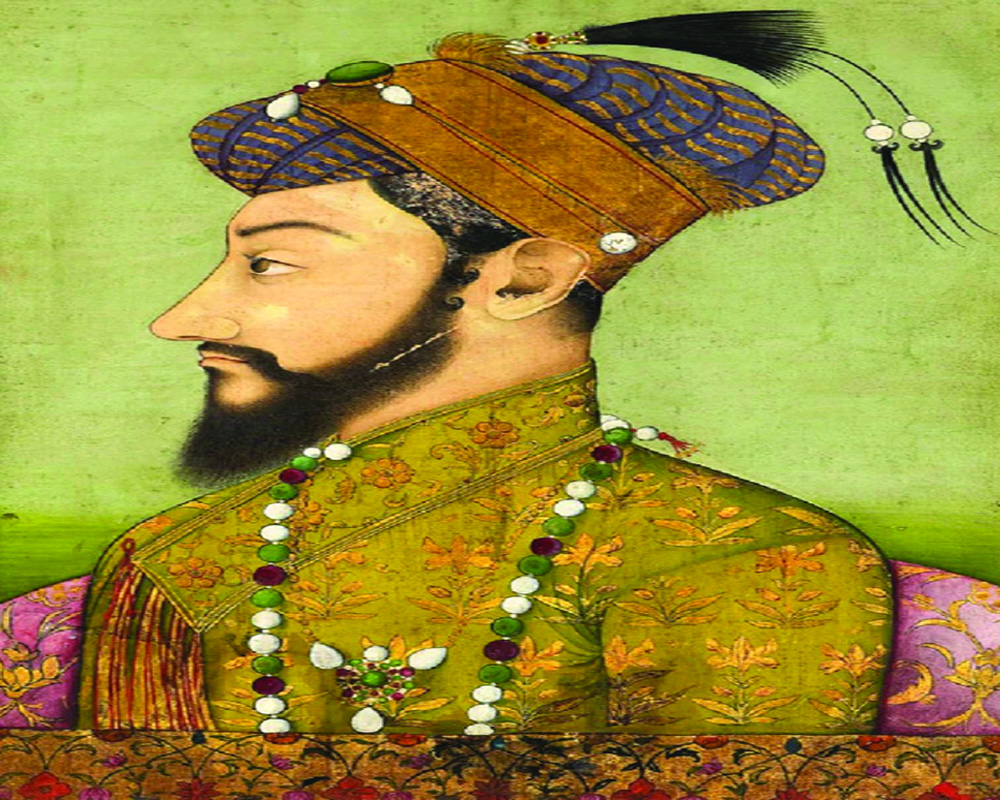The portrayal of Aurangzeb as a ruthless oppressor reflects a blend of folk tales and myth rather than a verified account of his reign
The figure of Aurangzeb remains deeply embedded in India’s contemporary political and cultural landscape, reflecting a blend of historical memory, myth and modern political rhetoric. His name frequently surfaces in electoral campaigns and public debates, evoking emotions and controversies centuries after his reign.
When leaders criticise each other with references to Aurangzeb, it signifies how his legacy continues to shape national politics. In the modern narrative, Aurangzeb is often depicted as a ruthless tyrant—a figure equated with notorious symbols of intolerance, such as Hitler or extremist ideologies. This perception paints him as someone who dedicated his life to eradicating Hinduism and oppressing Hindus. Consequently, there’s a prevalent notion that contemporary Indian Muslims are somehow connected, either by ancestry or ideology, to the Mughal emperor's legacy, which is accused of inflicting harm on India's cultural and religious heritage.
This view draws heavily on VS Naipaul’s concept of India as a "wounded civilisation," enduring centuries of subjugation by foreign invaders, including Muslim rulers who allegedly dismantled the country’s glorious past. Yet, the belief in deliberate, systematic destruction by Muslim conquerors is not a continuous historical memory nor entirely grounded in verified historical records. Instead, it reflects deep emotional and cultural wounds, often fueled by present-day anti-Muslim sentiments.
Historically, Aurangzeb was the last significant Mughal ruler, governing much of the Indian subcontinent for nearly five decades. His reign is marked by controversies, such as imprisoning his father, Shah Jahan, his perceived orthodoxy, and the inability to consolidate the Deccan region into the Mughal Empire.
Central to the debates on Aurgangzeb is the question of his motivations and policies. Some historians, such as Sir Jadunath Sarkar, argue that his primary aim was to establish an Islamic state in India by enforcing Sharia law and converting the population. Pakistani historian Ishtiaq Husain Qureshi asserts that Aurangzeb's policies were intended to preserve Muslim dominance and to maintain the empire’s unity.
This included discouraging religious pluralism that could undermine Muslim hegemony in a state where they were responsible for defence and administration. However, Aurangzeb’s actions were not always consistent with the idea of enforcing an Islamic state. For example, while he did destroy certain Hindu temples, including the Vishwanath temple in Banaras, there is little evidence supporting the claim of a widespread, systematic campaign of temple destruction. Many temples, like those in Vrindavan, continued to receive royal patronage.
The destruction of some temples appeared more politically motivated than religiously driven, often tied to punitive actions against local rebellions or defiant rulers. Aurangzeb’s revival of the jizya tax in 1679, a levy on non-Muslims, further complicates the interpretation of his policies. While some scholars, like Sarkar, view this as an attempt to pressure Hindus into conversion, others argue that the tax was intended more as a political tool to rally support from conservative Muslim factions.Its reinstatement after two decades of the rule suggests it was not a priority-driven solely by religious zeal but rather a measure aimed at consolidating power during times of conflict, particularly against the Rajputs and Marathas.
Qureshi contends that Aurangzeb sought to reverse the damages caused by Akbar’s more liberal policies, which had integrated Hindus into administrative roles. Ironically, the number of Hindus in government service increased during Aurangzeb’s reign, reaching 33 per cent by 1689, despite the emperor’s reputation for religious intolerance.
Dr RP Tripathi view Aurangzeb’s actions as primarily politically motivated, aimed at consolidating power in a diverse and vast empire. His policies, while sometimes harsh, were not necessarily born from a deep-seated animosity toward Hindus. Instead, they reflected the complexities of ruling an expansive and multi-ethnic empire where shifting political, social, and military factors required adaptable strategies. Modern scholarship increasingly emphasises the need to view Aurangzeb beyond simplistic labels of heroism or villainy. His reign is better understood within the broader context of socio-economic, cultural, and political dynamics of the time. While his orthodox leanings and authoritarian tendencies shaped some of his policies, his actions also mirrored the challenges of ruling a fragmented and turbulent subcontinent. Aurangzeb’s legacy, thus, remains a complex and contested chapter in Indian history. It serves as a reminder of the intricate interplay between history and politics, and how the past is continuously invoked to influence the present.
(The author is a freelance writer and a documentary filmmaker; views are personal)


























